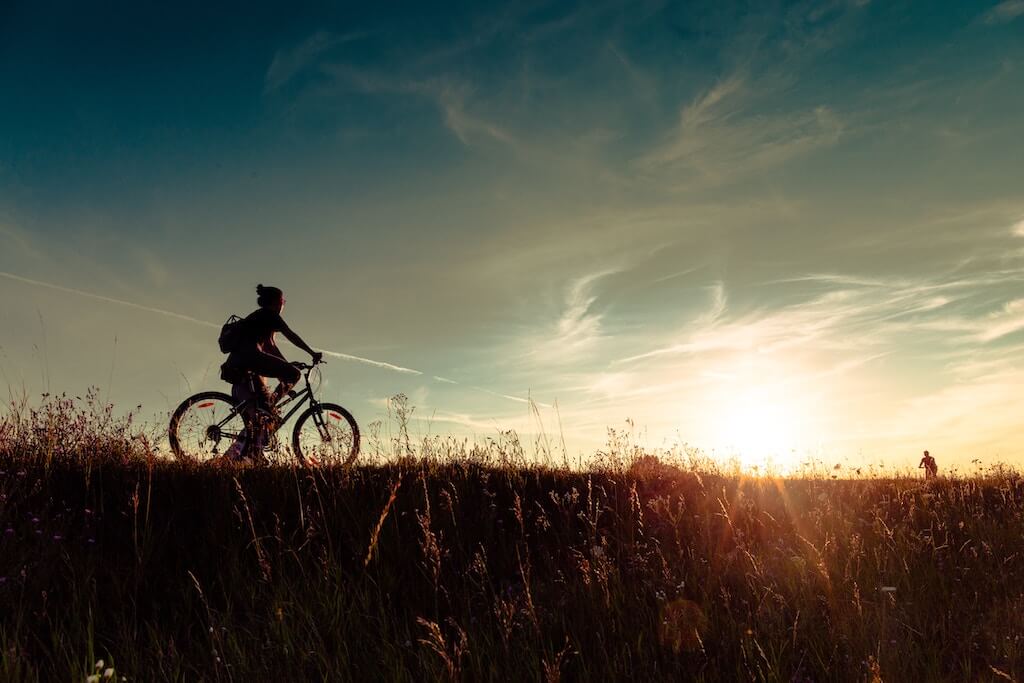Autumn Gear Guide
Find inspiration in our Gear Guide that will keep you out on your bike through wind or rain.
Download NowAs the third Monday of January looms, a collective sigh seems to echo through the air – it’s Blue Monday, purportedly the saddest day of the year (and a great New Order song). Coined by a British psychologist, this day is often associated with a convergence of post-holiday blues, cold weather, and the realization that […]
As the third Monday of January looms, a collective sigh seems to echo through the air – it’s Blue Monday, purportedly the saddest day of the year (and a great New Order song). Coined by a British psychologist, this day is often associated with a convergence of post-holiday blues, cold weather, and the realization that New Year’s resolutions might be more challenging than anticipated. But fear not, for amidst the azure haze of Blue Monday and the winter blues that can stretch another month or two afterwards, there exists a two-wheeled antidote that can uplift spirits and help navigate the emotional terrain – the humble bicycle.
Here’s why the bicycle is the best way to bust free of the winter blues rut.
Cycling serves as an effective stress buster. The rhythmic motion of pedaling and the focus required to navigate through different terrains contribute to the release of endorphins, the body’s natural mood lifters. The combination of fresh air, scenic routes, and the rhythmic cadence of pedaling create an environment conducive to stress reduction. This, in turn, helps alleviate symptoms of anxiety and depression.
Riding a bicycle demands a level of mindfulness and presence. Unlike the distractions often associated with modern life, cycling requires focus on the immediate surroundings, the road or trail ahead, and the physical sensations of the body. This meditative quality promotes mental clarity, allowing cyclists to momentarily detach from daily worries and be present in the moment.
Regular physical activity, such as cycling, has been linked to better sleep quality. The exertion of energy during a ride contributes to a more restful sleep, aiding in the overall maintenance of mental health. Quality sleep is essential for cognitive function, emotional well-being, and stress resilience.

Cycling can also be a social activity, fostering a sense of community. Group rides or cycling clubs provide an opportunity for social interaction, reducing feelings of isolation and loneliness. The shared experience of cycling not only promotes camaraderie but also creates a support network, which is crucial for mental health.
Setting and achieving cycling goals, whether it’s conquering a challenging trail or completing a long-distance ride, can significantly boost self-esteem and confidence. The sense of accomplishment and the physical improvements over time contribute to a positive self-image and a greater overall sense of well-being.
Cycling is a holistic activity that engages both the body and the mind. The coordination required for balance, navigation, and responding to the environment enhances the mind-body connection. This synergy has a positive impact on cognitive function and can contribute to improved mental resilience.
Many cyclists choose routes that take them through natural landscapes, providing a form of nature therapy. The exposure to greenery, fresh air, and the sounds of nature has been shown to have a restorative effect on mental health. It helps reduce mental fatigue, improve mood, and increase a sense of well-being.
Embrace the therapeutic journey on two wheels, breathe in the crisp January air, and pedal your way towards a brighter state of mind. Surviving Blue Monday isn’t just about enduring; it’s about thriving, and with each revolution of the wheels, you pave the way to a mental sanctuary where the blues are but fleeting shadows in the rearview mirror.
Find inspiration in our Gear Guide that will keep you out on your bike through wind or rain.
Download Now
Leave a comment